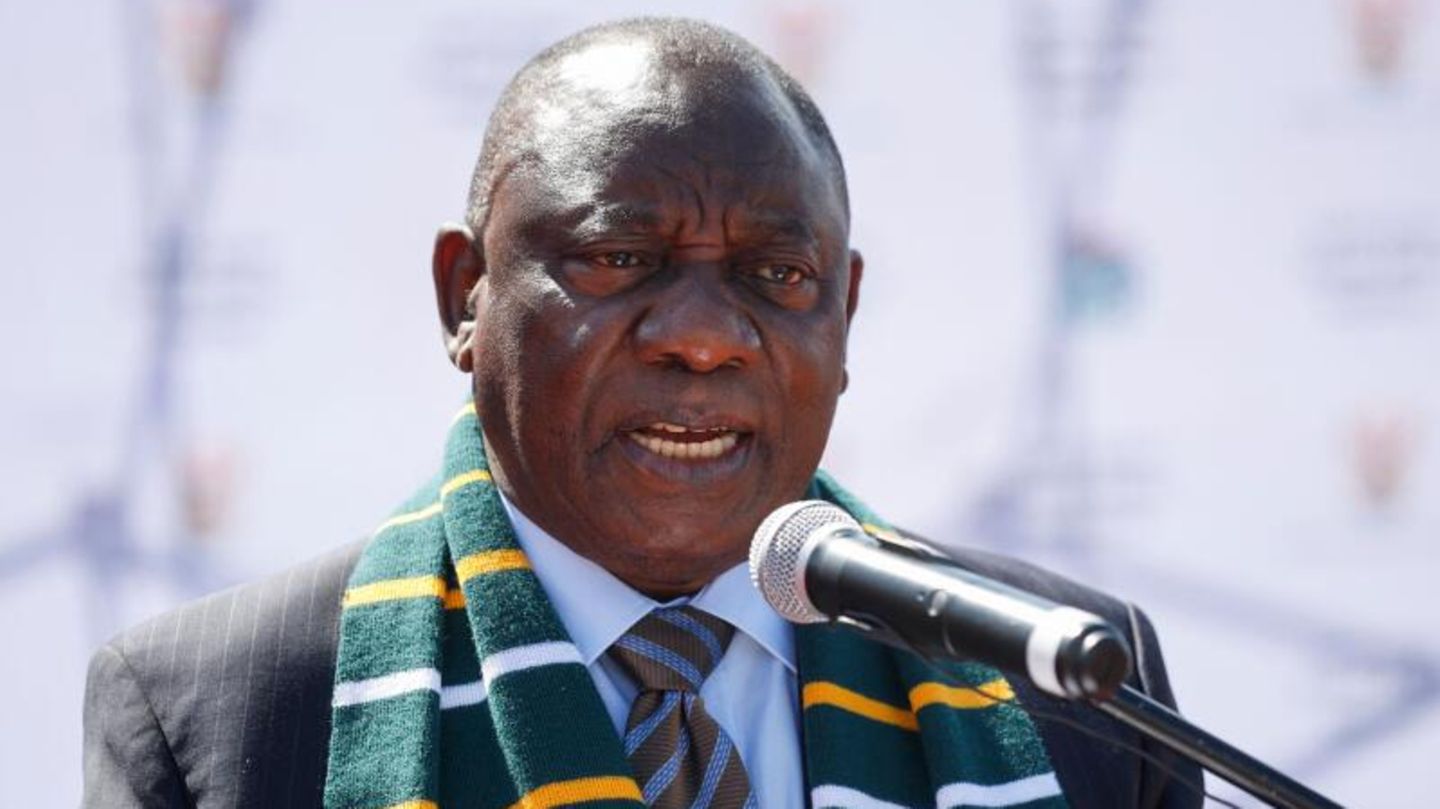Germany, the USA and Great Britain stand firmly behind Israel after the Hamas attack. The global south sees the Gaza conflict somewhat differently. Numerous pro-Palestine voices are being heard in the region.
The terrorist attack by the Islamist Hamas on Israel and the war in the Gaza Strip has deeply divided the world. Especially in the global south, the conflict is viewed significantly differently than in the government headquarters in Washington, Berlin or London. Because of their own history, many people in Africa and Latin America see the events through a postcolonial lens: for them, the Palestinians are, above all, victims of Israel’s occupation policy.
“Many developing countries see the West’s stance on the Israel-Palestine issue as evidence of its selective application of international rules and norms – “Depending on geopolitical interests and not in a universal way,” writes the German-Brazilian political scientist Oliver Stuenkel in the journal “Foreign Policy”.
Many African countries have condemned the Israeli bombardment of the Gaza Strip in response to Hamas attacks. There is great solidarity with the Palestinians, especially in predominantly Muslim countries. In addition to some statements that explicitly speak of Israel as an “oppressor,” many governments are calling for an end to violence against civilians and the implementation of the two-state solution. The African Union had described “the denial of the basic rights of the Palestinian people” as the “main reason” of the conflict.
South Africa with a “radical and extremely critical” stance towards Israel
South Africa is leading the way– One of the most economically powerful and modern countries in Africa and thus a role model and mouthpiece for many states on the continent – has a “radical and extremely critical” attitude towards Israel, said Ran Greenstein, political analyst at the University of the Witwatersrand in Johannesburg, South Africa, to the German Press Agency.
Foreign Minister Naledi Pandor described Israel’s response to the Hamas terrorist attack on October 7 as “collective punishment” of Palestinians, including “continuous killing of children and innocent civilians.” South Africa speaks of war crimes committed by Israeli forces, wants to recall its diplomats from Israel and is threatening the possible expulsion of the Israeli ambassador.
South Africa’s ruling party, the African National Congress (ANC), which has advocated a “free Palestine” for many years, often counts Hamas representatives among its guests at political conferences. At the same time, according to the World Jewish Congress, South Africa is home to the largest Jewish community in Africa and the twelfth largest in the world, with more than 75,500 Jews.
South Africa – and many other countries in the global south – Ultimately, it’s about a strategic balancing act, says Priyal Singh, analyst at the Institute for Security Studies (ISS). On the one hand, they were committed to an anti-colonial, anti-imperialist worldview; On the other hand, they do not want to endanger the good economic and diplomatic relations with Western nations that support Israel in the conflict, such as Germany, the USA or Great Britain. “It’s a delicate dance between ideology and pragmatism,” said Singh.
Middle East conflict
Germany “stands firmly on Israel’s side.” What about the rest of the world?
There is also a lot of criticism of Israel’s military deployment from Latin America
There is also a lot of criticism of the Israeli military operation in the Gaza Strip in Latin America. The Brazilian government condemned the Hamas massacre of civilians in southern Israel just over a month ago, but at the same time called on “all parties to exercise the greatest possible restraint in order to prevent the situation from escalating.” A resolution introduced by Brazil in the UN Security Council was vetoed by the US because it did not mention Israel’s right to self-defense.
Argentina condemned the Israeli armed forces’ attacks on civilian infrastructure and called for compliance with international humanitarian law. Jewish associations in the South American country criticized this position. With 175,000 people, the Jewish community in Argentina is the largest in Latin America.
The left-wing authoritarian governments of Cuba, Venezuela and Nicaragua are clearly on the side of the Palestinians. They criticize the Israeli military operation in the Gaza Strip and put Hamas’ violence into perspective. The Cuban Foreign Ministry described the conflict as “a consequence of 75 years of permanent violations of the inalienable rights of the Palestinian people and Israel’s aggressive and expansionist policies.” Venezuelan President Nicolás Maduro accused Israel of establishing a system of apartheid and committing genocide in the Gaza Strip.
Bolivia broke off diplomatic relations with Israel after the attacks on the Gaza Strip began. Chile and Colombia recalled their ambassadors for consultations. Like South Africa, Chile describes Israel’s bombings as “collective punishment of the Palestinian civilian population.” The South American country is home to the largest Palestinian diaspora outside of the Middle East.
The positions of the countries of the Global South should be taken seriously, said Greenstein: “Their stance is a serious blow to Israel’s attempt to normalize its relations with the Arab world and Islamic countries.” Before the Gaza conflict began, Tel Aviv was still working to improve relations with Saudi Arabia, which may have led to better relations with other Islamic countries such as Malaysia and Indonesia. “None of this is possible anymore. The conflict is causing lasting damage from which it will be almost impossible to recover,” said Greenstein.
Source: Stern
I have been working in the news industry for over 6 years, first as a reporter and now as an editor. I have covered politics extensively, and my work has appeared in major newspapers and online news outlets around the world. In addition to my writing, I also contribute regularly to 24 Hours World.




